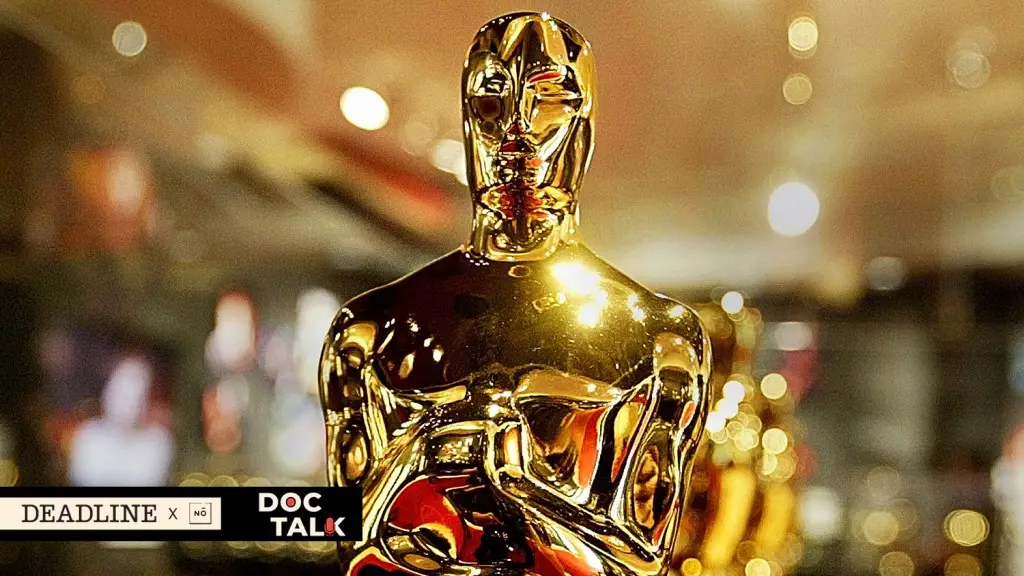In recent years, the documentary landscape has undergone a remarkable transformation, increasingly favoring films that speak directly to pressing global issues. The Academy Awards have reflected this trend, consistently awarding works that confront war, political unrest, and social injustice—such as *No Other Land*, *20 Days in Mariupol*, and *Navalny*. This pattern reveals a shifting cultural appetite: audiences and critics are eager for films that resonate with current upheavals rather than traditional storytelling or abstract artistic expressions. It’s undeniable that documentaries today serve as vehicles not only for storytelling but also for activism, making their Oscar success feel both deserved and strategically aligned with the zeitgeist.
Forecasting the Next Wave of Contenders
As we look ahead, industry insiders like John Ridley and Matt Carey suggest that the next batch of Oscar hopefuls will continue this trend, yet also diversify in tone and approach. Films rooted in investigative journalism—such as *2000 Meters to Andriivka* by Mstyslav Chernov, or *Antidote*, highlighting the resilience of figures like Navalny—highlight the importance of truth-telling amidst chaos. Similarly, explorations of cultural identity and societal dynamics, such as Reid Davenport’s *Life After*, promise to deepen our understanding of marginalized communities. These documentaries not only inform but challenge viewers, aiming to inspire action or empathy. Meanwhile, works that combine social relevance with artistic ingenuity, like Questlove’s *Sly Lives!*, exemplify the potential breadth of future Oscar contenders.
Beyond Politics: The Broader Spectrum of Impact
While political and war-themed films dominate the discourse, there’s an emerging recognition of documentaries that blend social commentary with rhythm, rhythm, and artful storytelling. For instance, films like *Summer of Soul* demonstrate that social import doesn’t have to be delivered via stark, urgent narratives alone; it can be communicated through rhythm, music, and cultural revival. As more filmmakers explore complex social issues with nuanced artistry, the Oscars might favor works that balance emotional depth with cultural relevance. This broadening of scope suggests that the future of documentary filmmaking is not solely about capturing crises but also about celebrating resilience, innovation, and cultural identity—qualities that resonate deeply with modern audiences and juries alike.
The Reflection of Our Times and the Power of Authentic Voices
Ultimately, the shift towards politically charged and socially conscious documentaries underscores a collective desire for authenticity. Films that reveal hidden truths or challenge dominant narratives tend to strike a chord, especially in an era marked by misinformation and rapid news cycles. The industry’s emerging favorites—be they investigations into political corruption, exploration of underserved communities, or unmasking historical atrocities—demonstrate that documentaries are increasingly becoming essential tools for societal reflection. As more filmmakers harness storytelling to confront uncomfortable truths and elevate marginalized voices, the Oscars are poised to reward works that do more than entertain—they have the power to spark change. The future of award-winning documentaries hinges on their ability to resonate with the collective consciousness while maintaining artistic integrity, making them not just reflections of our times but catalysts for a better world.
